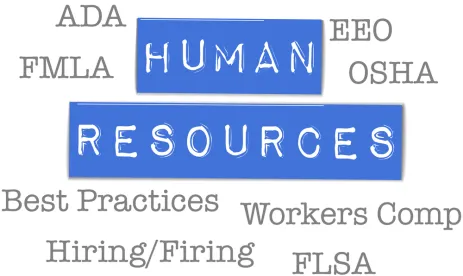On July 19, 2017, San Francisco became the latest jurisdiction to enact a law banning employers from asking job applicants about their salary histories. The San Francisco “Parity in Pay” Ordinance will become effective on July 1, 2018. The city will begin assessing penalties for noncompliance on July 1, 2019.
San Francisco’s ordinance is not the first of its kind; Massachusetts was the first jurisdiction to pass such a law in the summer of 2016. New York City, Philadelphia, Puerto Rico, Oregon, and Delaware passed similar ordinances earlier this year, and more jurisdictions are expected to follow. These laws are focused on resolving the gender pay gap.
Prohibiting salary history inquiries is not a new issue in California. In 2015, Governor Jerry Brown vetoed proposed salary history legislation, stating that he wanted to give California’s new equal pay laws time to work on their own. However, the 2017 legislative session already has revived the inquiry prohibition, and the governor likely again will have to decide whether to veto or sign the legislation.
Salary history inquiries. The San Francisco Parity in Pay Ordinance seeks to enforce pay equity by prohibiting employers from inquiring about or considering a job applicant’s salary history. More specifically, “[a]n Employer shall not consider or rely on an applicant’s Salary History as a factor in determining whether to offer Employment to an Applicant or what Salary to offer an Applicant.” It also provides that “[a]n Employer shall not Inquire about an Applicant’s Salary History.” The ordinance defines “inquire” as “any direct or indirect statement, question, prompting, or other communication . . . to gather information from or about an Applicant … including but not limited to application forms and interviews.” The statute provides a specific carve out from this prohibition “[w]here an Applicant voluntarily and without prompting discloses Salary History . . . or provides written authorization.”
Release of salary information. In addition to prohibiting these hiring practices, the ordinance also prohibits San Francisco employers from releasing the salary history of any current or former employee to that person’s prospective San Francisco employer without written authorization from the employee (unless it is otherwise required by law, part of a publicly available record, or subject to a collective bargaining agreement). This means that San Francisco employers must be cautious when responding to salary history inquiries and make sure that they comply with this section of the ordinance.
Posting. The ordinance will add yet another poster to the extensive list that San Francisco already requires employers to post. The San Francisco Office of Labor Standards Enforcement (OLSE) will publish the poster some time prior to the ordinance’s July 1, 2018, effective date.
Enforcement and penalties. Finally, the OLSE has the authority to enforce the ordinance and penalize employers for noncompliance. During the ordinance’s first year (July 1, 2018–June 30, 2019), the OLSE cannot impose penalties and may issue only a warning and notice to correct. Beginning July 1, 2019, however, the OLSE may impose an administrative penalty of $100.00 per violation, followed by $200.00 for the next violation, and $500.00 for each subsequent violation.
What to do now. Employers in San Francisco may want to review their hiring documentation and practices to address salary history inquiries. Employers may consider training management to avoid salary history inquiries, and respond to requests for verification of employment that seek salary information or confirmation. Finally, employers may want to monitor pay equity legal developments to ensure that their policies and practices remain compliant.




 />i
/>i
